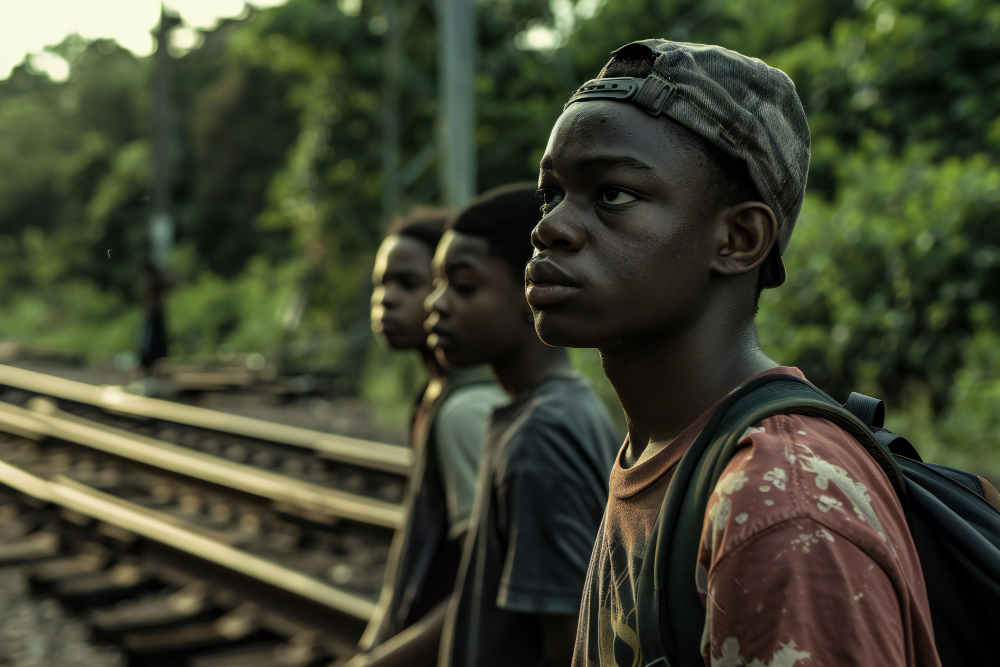Youths in Nigeria, who make up a sizable section of the population, deal with a variety of issues that affect their socioeconomic prospects, personal growth, and general well-being. These are a few of the main obstacles:
- Unemployment: For young people in Nigeria, high unemployment rates continue to be a major concern. Many young individuals struggle to find meaningful career prospects despite having a good education and skill set. Their lack of employment opportunities impedes not just their ability to be financially independent but also adds to their dissatisfaction and despair.
- Underemployment: Even for those who manage to secure employment, underemployment is a common phenomenon. Many Nigerian youths find themselves working in low-paying, precarious jobs that do not fully utilize their skills or qualifications. This situation not only limits their earning potential but also stifles their professional growth and development.
- Limited Access to Education: While there have been efforts to improve access to education in Nigeria, significant challenges remain, particularly in rural and underserved areas. Many youths face barriers such as inadequate school infrastructure, high tuition fees, and a lack of qualified teachers, which hinder their ability to obtain a quality education.
- Skills Mismatch: There is often a disconnect between the skills acquired through formal education and the demands of the job market. Nigerian youths frequently graduate with degrees that do not align with industry needs, leading to a mismatch between their skills and available employment opportunities.
- Poverty: For many Nigerian youngsters, especially those residing in rural areas and urban slums, poverty continues to be a persistent problem. Their vulnerability is increased when they have limited access to basic essentials like food, clean water, and healthcare, which also restricts their capacity to take advantage of economic and educational opportunities.
- Insecurity: The safety and wellbeing of Nigerian youngsters are seriously threatened by acts of violence, insurgency, and banditry, among other forms of insecurity. Young people are more susceptible to trauma, displacement, and enlistment by armed organizations in conflict-affected areas. These events can have a lasting impact on their lives and prospects.



